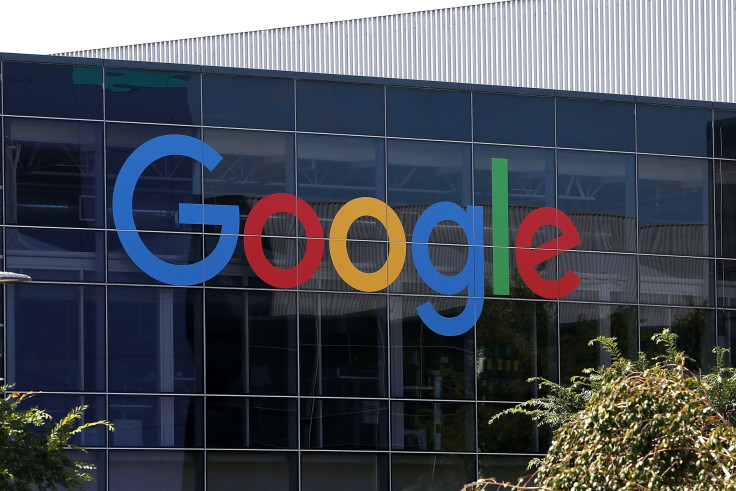Google Building App To Compete With Facebook Messenger, Others In 2-Billion User Market

Google is working on a mobile messaging app to catch up with Facebook's Messenger and WhatsApp, Viber and QQ and WeChat, which are big in China and Asia, The Wall Street Journal reported, citing people familiar with the project. Google will tap its artificial intelligence know-how and incorporate chatbots -- which answer questions -- to get a slice of the 2-billion user business and help preserve its lead in search.
It's unclear when Google is targeting to launch the product or whether it will be successful, the Journal said, citing disappointments such as Hangouts and Google Messenger. The company's attempt to take on Facebook head on with Google+ also failed.
While many internet users are spending more time on messaging apps to the detriment of search -- Google's main business -- this could accelerate as messaging apps add more features. Just this week, Facebook introduced a feature for calling Uber cars on Messenger. The Journal cited Facebook's new M product, which can make purchases and appointments and book restaurants via text; Luka.ai, a startup building a messaging app that answers questions and does other tasks; and Slack Technologies, which owns a work-oriented chat service and is now offering chatbots that translate text.
“All users care about is a convenient way to find what they are looking for and if Google isn’t in front of the consumer that is a problem for them,” said Scott Stanford, co-founder of venture-capital firm Sherpa Capital, as reported by The Journal. “Messaging is a subset of the Internet where Google is not strong. They have to win and be the dominant player in messaging.” Sherpa invested in Luka.ai.
Google's parent Alphabet, with a market value of about $520 billion, is pursuing multiple projects as it strives to maintain its lead over other industry players like Facebook, which has a market capitalization of just under $300 billion.
Just this week it was reported that Google is in talks with Ford Motor to build its self-driving cars, saving it years in development time and billions in development costs, as it competes with technology and car companies to produce the vehicles. And, earlier this year, it launched YouTube Red, a $9.99 per month service to compete with Netflix, Hulu, Amazon Prime and HBO Now in the fast-growing streaming market.
© Copyright IBTimes 2024. All rights reserved.




















